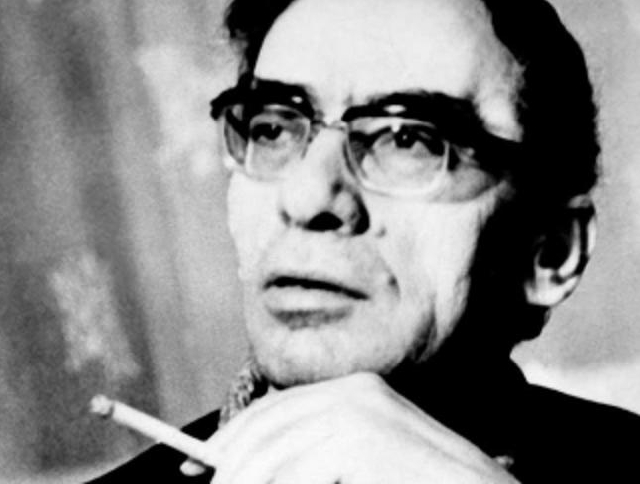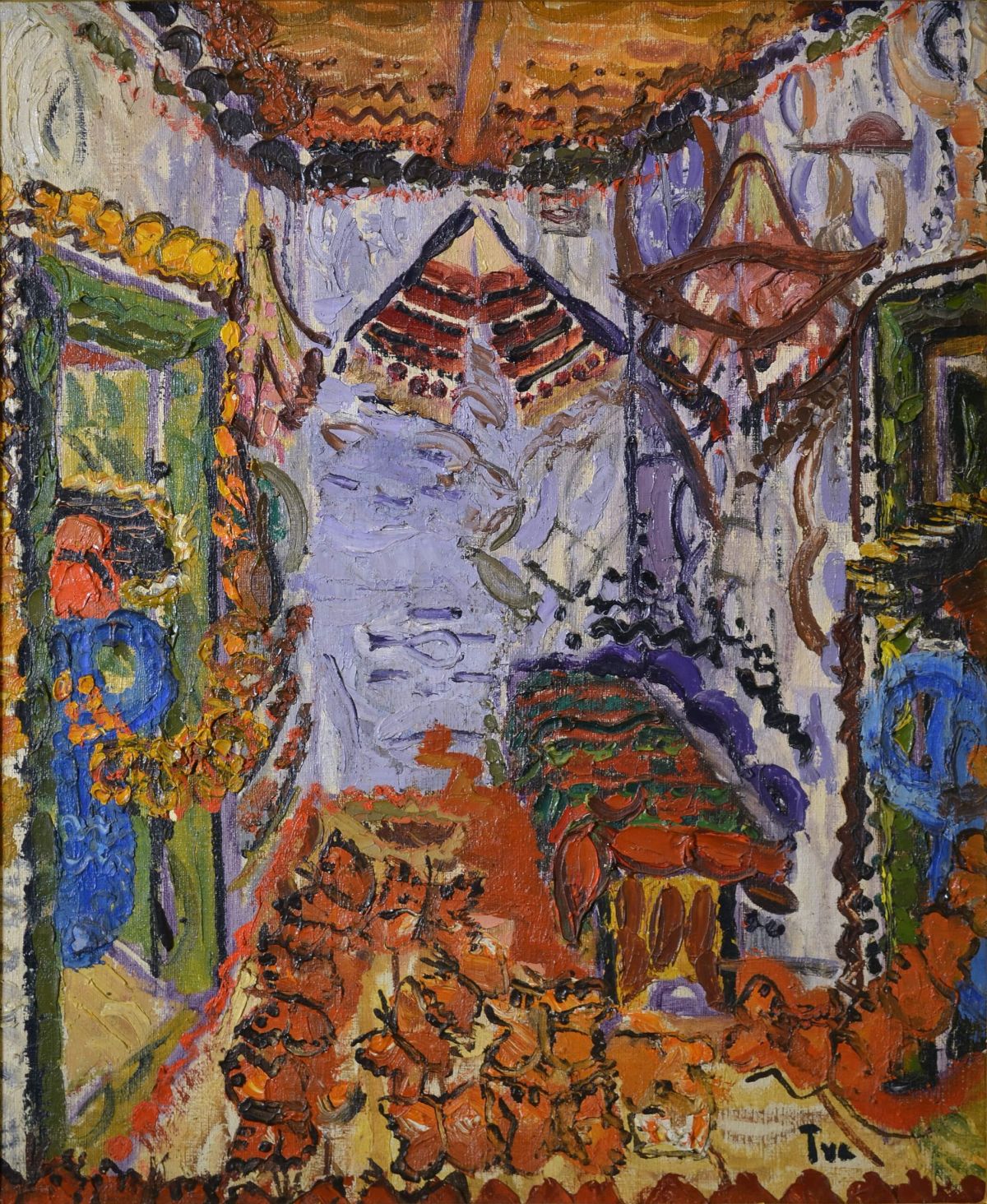Writer Marin Preda
Marin Preda is one of the most exciting and influential literary voices in post-war Romania.

România Internațional, 09.08.2014, 13:57
Imposed forcibly in Romania in the late 1940s, the communist regime changed everything, including the arts, in line with its hard line socialist realism and Proletkult (proletarian culture). Literature in particular had to show the victory of peasants and industrial workers, in their class struggle against the bourgeoisie and the landed gentry. A writer would have to subscribe to this ideology to see his work into print. It is no wonder that the quality of printed works plummeted. However, even in this barren landscape, one particular writer emerged suddenly as an exception, restoring hope in Romanian literature. The name of the writer was Marin Preda, born in a poor village in Teleorman County in 1922. He would have turned 92 on August 5th. Literary historian and critic Ion Bogdan Lefter told us more about Marin Preda’s background:
“He came from a fairly poor peasant family, even though this is debatable. We know from his clan biography ‘Morometii’ that his parents owned land and farm animals, so they belonged to the peasantry owning land, to what the communists dubbed ‘kulaks’. Preda did not have much of a higher education. He graduated a teaching college, and, during the war, when he was 18 or 20, he came to Bucharest. In order to survive, he worked in the press, and by 1944, at the age of 22, he was still working in that field.”
Marin Preda’s early writing, rooted in the world of the village, where the writer came from, resonated with the pervasive regime’s imposed ideology. Thanks to that, the writer quickly joined the cultural circles cultivated by the communist authorities. The writer knew when to make concessions and when to follow his own path in his published texts. Here is Ion Bogdan Lefter once again:
“Marin Preda, with his life and family experience, was able to also write whatever he wanted, and to see that it fitted what was required of him. In his youth, Marin Preda wrote about the rural world with no political implications, but he also wrote a few Proletkult texts about the world of the village, which do not stand up to a purely aesthetic analysis. However, in Preda’s defence, he did not write many such texts, and one could separate them from the rest of his work. The two texts, on rural topics, were written between 1949 and 1952, during the early stage of Romanian Stalinism. Then follows the first thaw in Moscow, after Stalin’s death in 1953. Preda takes advantage of this period, and in 1955 he published the first volume of ‘Morometii’, a masterpiece which, in appearance, fits the era’s ideological standards, by the fact that it dealt with peasants and their abrasive relationship with the pre-communist authorities. Beyond that, however, Preda ignored the prescriptions of the official propaganda, and wrote an extraordinary novel about the life of peasants of the south of Romania.”
The fame that the semi-autobiographic novel “Morometii” brought Preda secured him a permanent place in Romanian literature, as well as within the ranks of artists favoured by the regime. He became a corresponding member of the Romanian Academy, head of one of the most important publishing houses in the country, and a deputy in the National Assembly. Sheltered by these positions, he continued to write groundbreaking novels for that time. In 1980, he published his three-volume novel ‘The Most Beloved of Men’, which, according to Lefter, puts into question the entirety of the communist regime. That same year, Marin Preda passed away, on May 16.
“The murky circumstances of his death could only be shed light upon if the archives of the former Securitate yielded documents showing clearly that he was rubbed out, but there isn’t enough evidence to support that. It may have been an accident. It’s not secret that he was having a hard time, drinking a lot, and his death might have been accidental. However, the death of such extraordinary man was, at the time, quite shocking. He was not that old. He died before turning 58.”
Marin Preda’s literary standing is uncontested, but his relationship to the regime is still up for debate, and any clear image of it is dependant on a possible emergence of documents from the archives of the former regime.






























